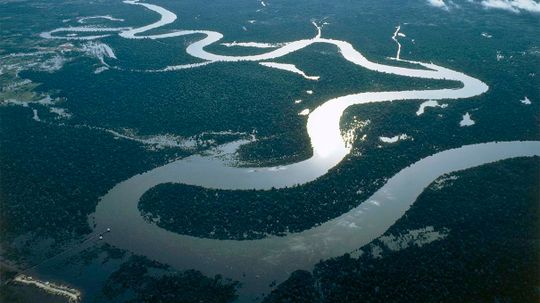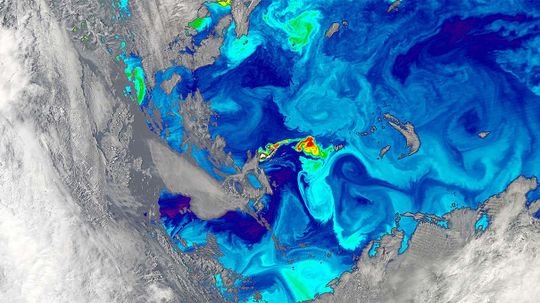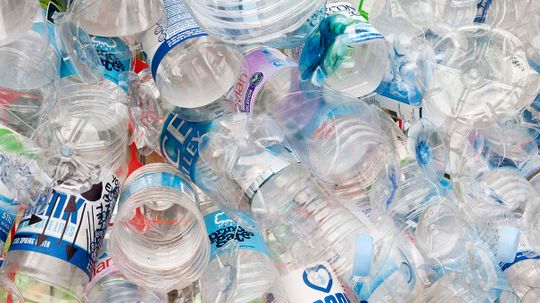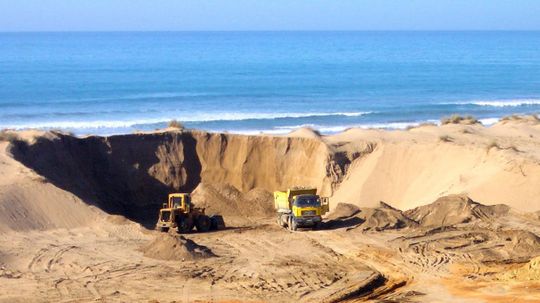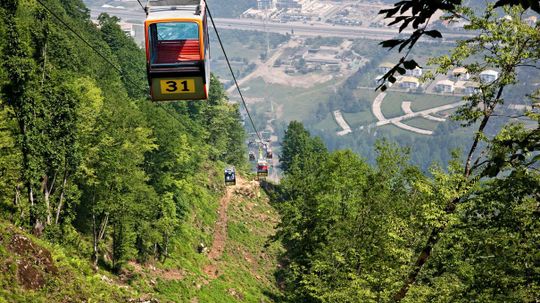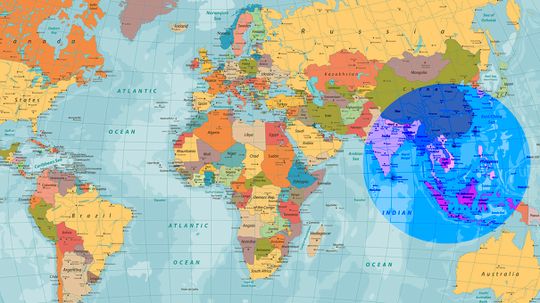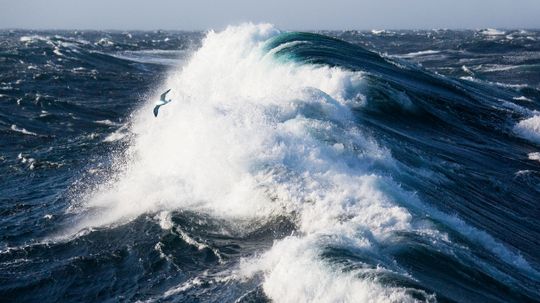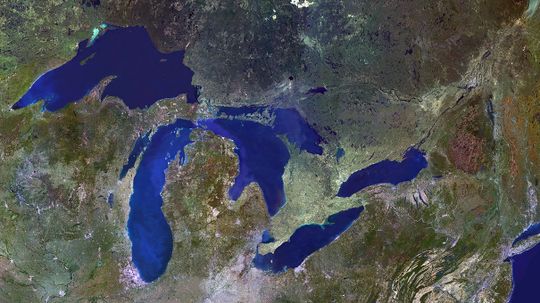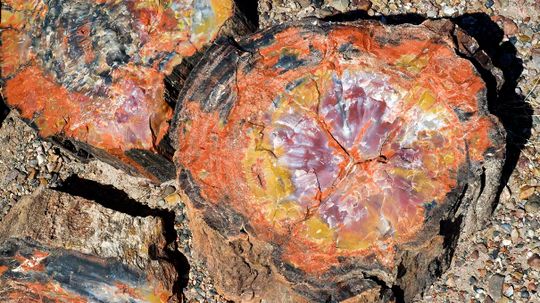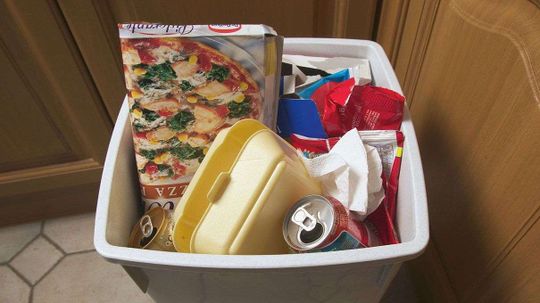Environmental Science
The environment is truly a thing of beauty and should be protected whenever possible. What can we do to save the environment, and what new technology is available to help us?

The Fish Doorbell Isn't a Joke ... Seriously

The Euphrates River, at the 'Cradle of Civilization,' Is Drying Up
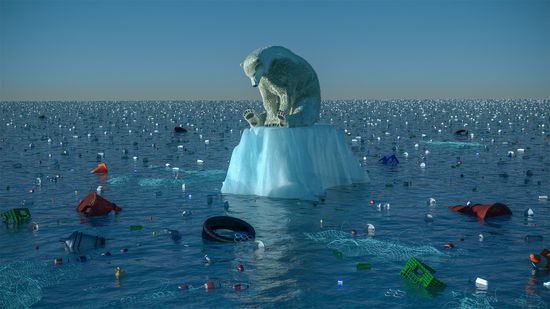
Study Says 2035 Is Climate Change Point of No Return
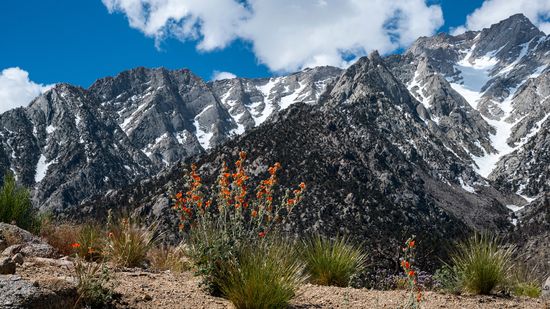
What State Has the Most Mountains in the U.S.? 8 Peak Records

The Most Dangerous Mountain to Climb (and 14 Giving Steep Competition)
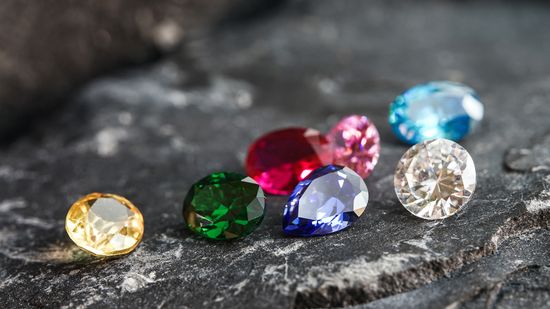
15 Types of Gemstones to Add a Little Sparkle to Your Life
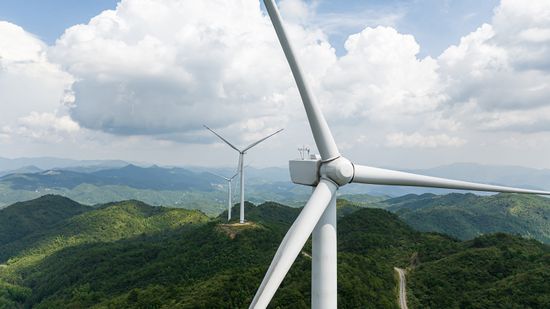
How Many Birds Are Killed by Wind Turbines, Really?

How a Lithium Mine Works and Impacts Local Communities
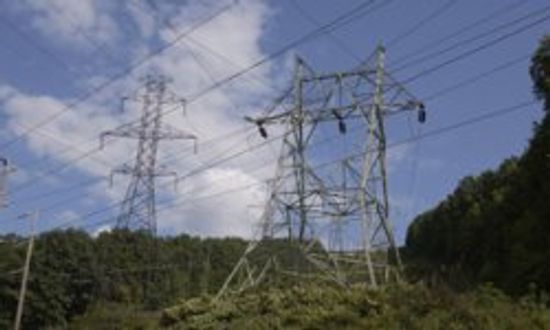
How to Sell Electricity Back to the Grid

The Worst Air Quality in the World Is in Mountainous Terrain

The World Hits 8 Billion People; Is That Good or Bad?
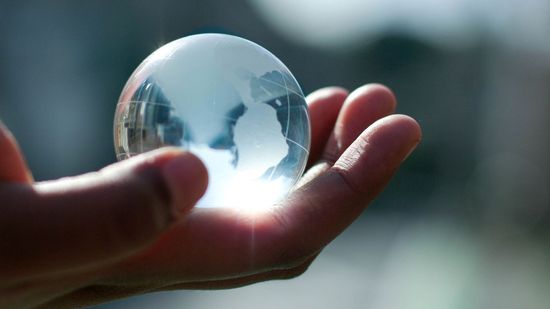
Quiz: Can You Tell Climate Change Fact From Fiction?

6 Most Futuristic Cities Powered by Renewable Energy
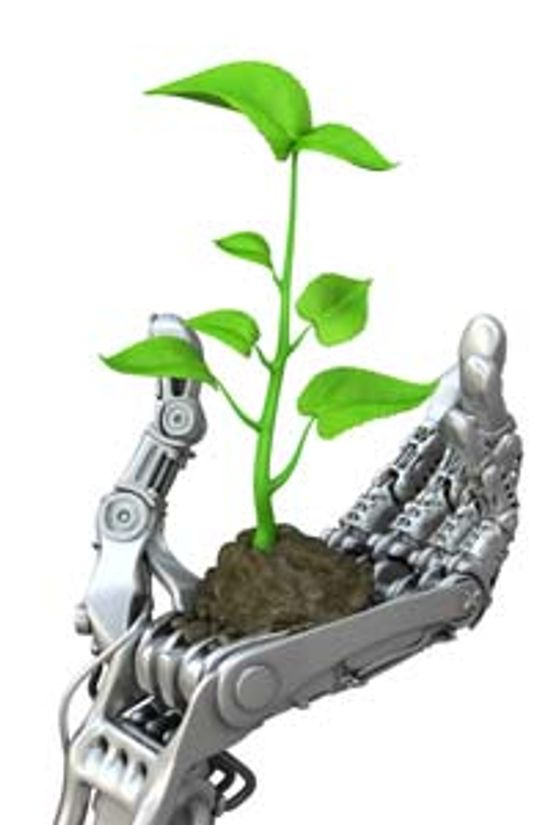
Top 5 Green Robots
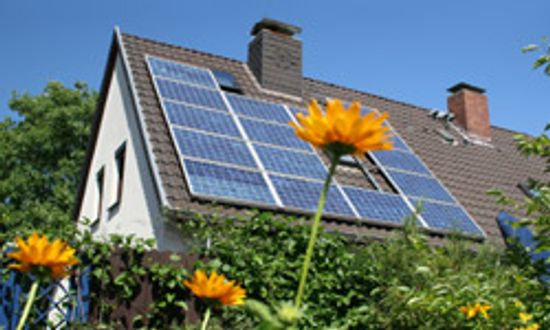
5 Things to Consider When Building a Solar-powered Home
Learn More / Page 18
Rising sea levels, increased flood and extreme heat are all signs of climate change. Cities are trying some innovate strategies to cope with and mitigate these events.
By Dave Roos
Ever wondered what's the difference between a river, a stream, a brook and a tributary?
By Amanda Onion
Getting your home to zero waste doesn't have to mean re-structuring your entire life. Sure, you'll have to make changes, but most of them are surprisingly easy.
By John Donovan
Advertisement
Ocean water is not actually blue, but appears in different shades for many reasons.
By Amanda Onion
The Sahara has expanded by about 10 percent in the past century, mostly due to natural causes, but not all. We can blame the rest on man-made climate change.
Plastic may be the longest-lasting legacy of human beings on this planet. But there are lots of ways, big and small, that we can all stop using it. Today.
Climate change may be melting glaciers, but it's also reducing the oxygen of the world's oceans. Without oxygen, many marine organisms may no longer be able to survive.
Advertisement
As the world becomes more urbanized, the demand for sand, a key ingredient of concrete, keeps growing. But there's only so much sand to go around.
By Dave Roos
Talk about a Brexit! Scientists have clues to catastrophic flooding that destroyed a land bridge that once connected England and France.
New findings about ancient, extinct Australasian bandicoot and bilby species underscore how dire things are today when even survivors like these are struggling.
Most mammals have a penis bone called a baculum, but humans don't. A new study sheds light on the history of the baculum, and why ours is missing.
Advertisement
Now that its sequel is out, where did Al Gore's landmark environmental documentary hit the mark? What did it get wrong?
A new 'atlas' of light pollution finds that one third of people on Earth can't see the night sky's most dramatic feature.
The OneLessStraw campaign encourages people to kick their straw habit to keep plastic from harming the environment.
Science has determined that disappearing completely into quicksand isn't possible - but that doesn't mean that getting stuck still won't kill you.
Advertisement
Surprisingly, living in a city with a high level of natural radiation doesn't have any ill effects.
By Alia Hoyt
The circle is only 5,000 miles wide.
The Denmark Strait cataract dwarfs every other waterfall in the world, but you can't see it because it's deep under the Atlantic Ocean.
Buckingham Palace announced that Queen Elizabeth II is making changes to the Royals solid-wasted plan, and that includes banning many plastics.
Advertisement
Helium balloons are dangerous to the environment and wildlife - so why isn't releasing them illegal?
The Great Lakes are named so for several reasons. HowStuffWorks looks at why the Great Lakes are so great, including their impressive depths.
By Mark Mancini
Petrified wood can be found all over the world, but how is it created?
Wine pomace - the portion of grapes left over from winemaking - has a variety of uses, from fertilizer to a nutrition-enhancing ingredient in foods.
Advertisement
The spring, or vernal, equinox traditionally marks the first day of spring - but climate scientists use a different date altogether. Find out more about this and other facts about the spring equinox.
By Mark Mancini
The experts have seen people trying to recycle bowling balls and curling irons. They call it 'wishful recycling'. But paper and plastic items can be problematic too.
By Dave Roos

